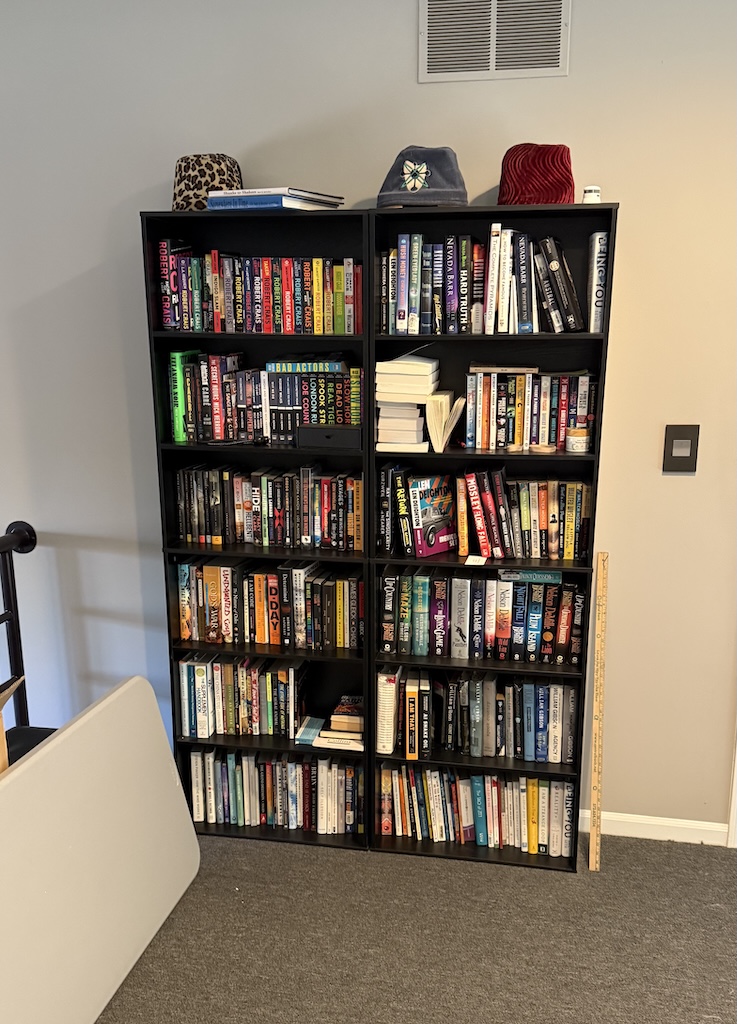The house is all in darkness except for this corner bedroom
where the lighthouse of a table lamp is guiding
my eyes through the narrow channels of print,
and the only movement in the night is the slight
swirl of curtains, the easy lift and fall of my breathing,
and the flap of pages as they turn in the wind of my hand.
Is there a more gentle way to go into the night
than to follow an endless rope of sentences
and then to slip drowsily under the surface of a page
into the first tentative flicker of a dream,
passing out of the bright precincts of attention
like cigarette smoke passing through a window screen?
All late readers know this sinking feeling of falling
into the liquid of sleep and then rising again
to the call of a voice that you are holding in your hands,
as if pulled from the sea back into a boat
where a discussion is raging on some subject or other,
on Patagonia or Thoroughbreds or the nature of war.
Is there a better method of departure by night
than this quiet bon voyage with an open book,
the sole companion who has come to see you off,
to wave you into the dark waters beyond language?
I can hear the rush and sweep of fallen leaves outside
where the world lies unconscious, and I can feel myself
dissolving, drifting into a story that will never be written,
letting the book slip to the floor where I will find it
in the morning when I surface, wet and streaked with
daylight.




 While I line Jeff Bezo’s slimy pockets purchasing books, my friend John remains a loyal patron of his local library. For those old enough to remember, library books came with a paper pocket in the front and card showing when and how often a book was borrowed (we called them “lending libraries” once upon a time).
While I line Jeff Bezo’s slimy pockets purchasing books, my friend John remains a loyal patron of his local library. For those old enough to remember, library books came with a paper pocket in the front and card showing when and how often a book was borrowed (we called them “lending libraries” once upon a time).